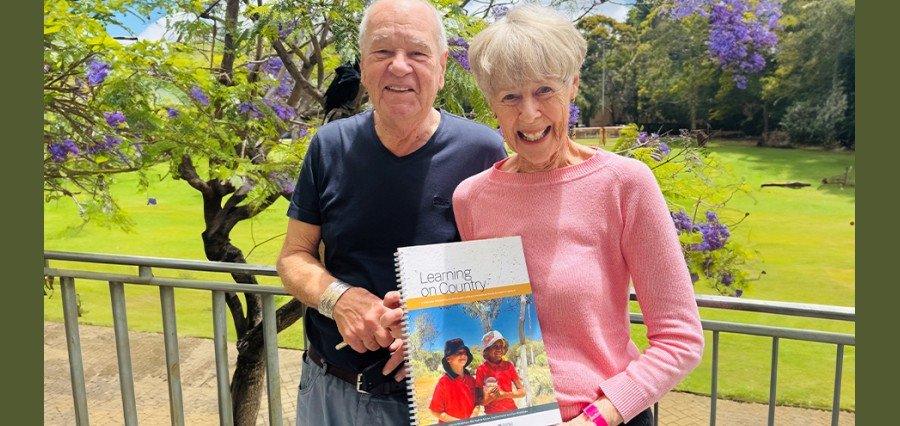A cutting-edge new educational project is poised to transform science and literacy instruction for kids in the Wheatbelt region of Western Australia. For students in Years 1 through 10, Learning on Country: A Two-way Integrated Science and Literacy Program for Wheatbelt Schools blends Indigenous ecological knowledge with Western scientific methods to provide an engaging, location-based learning environment. It is based on the notion that cultures can listen to one another and learn from one another. It was developed with help from some of the most distinguished researchers at UWA’s School of Biological Sciences by semi-retired environmental scientists Honorary Research Associate Felicity Bradshaw and Emeritus Professor Don Bradshaw.
The plants, animals, soil, and local First Nations People, who were systematically evicted from their lands and, consequently, their way of life, have all suffered greatly as a result of the 94% of the land that has been cleared of natural vegetation since the arrival of Europeans in order to make way for agriculture and grazing.
As a CSIRO STEM Professional-in-Schools, the enthusiastic author, who has previously authored several books for elementary school students, such as A Tale of Two Honey Possums, The Great Lizard Trek, and Be a Bush Scientist—the latter created by UWA’s Centre for Learning and Technology—created the new educational tool while collaborating with a Wheatbelt school.
According to Ms. Bradshaw, the resource, which was offered in both hard copy and online formats, supported important WA Department of Education initiatives, such as the implementation of the Australian Curriculum, support for professional learning, and student attendance and participation.


